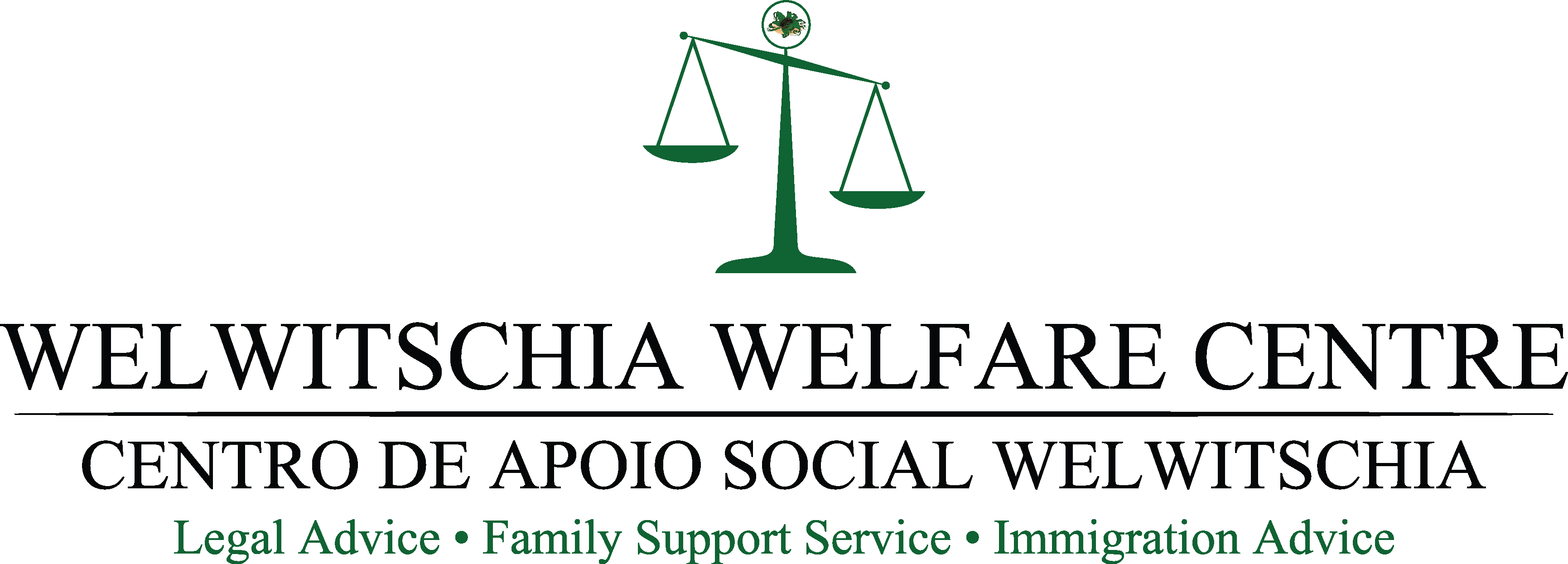The Forgotten Community; The African Portuguese Speaking Community
The first African Portuguese Speaking refugees and migrants started to arrive in the UK twenty four years ago as a refugees and asylum seekers. They were Angolan nationals. It is estimated that they are about 20000 Angolan living in London and elsewhere in the UK.
At the beginning of the 1990’s till end of 2003, the UK started to see the arrival (especially in London) of other African Portuguese refugees and migrants. Most of them holders of Portuguese passport. This group of migrants started taking advantage of EU treaty rights of free movement.
This migration continued until mid 2005. However, due to economic down turn in Western Europe (especially the hardest hit countries such as Spain and Portugal), the migration of Portuguese speakers increased tremendously. Again like in the past with the asylum seekers, their preferred destination is Greater London where their fellow countrymen are already settled.
According to 2001 census, the majority of Portuguese Speakers are concentrated in the London boroughs of Lambeth, Newham, Haringey and Hackney. Between 2001-2011 new arrivals may well settled in other London boroughs. At the beginning they faced all sort of problems such as; language barrier, unemployment, difficulties in accessing the mainstream services.
The Welwitschia Welfare Centre( Centro de Apoio social Welwitschia) is a voluntary community based in greater London. It is one of the few if not the only Portuguese speaking community organisation that helps break barriers in accessing services, help with integration in the UK. At the end of this article, there is a page with facts about the organisation. The page tells the reader and confirm the statement being probably the only one providing quality sought after services within the community. Yet when it comes to funding, it is often overlooked. This is despite serving five African Portuguese Speaking countries( Angola, Cape-Verde, Guine Bissau, Mozambique and Sao Tome And Principe) not only that but it also serves Portuguese citizens from the mainland as well as Brazilian migrants.
What is more, due to our reputation of providing good quality support and services other minority ethnics are also in need of our services. This is true for our Brothers an Sisters from both Congos, Afro-Caribbean and Latin American( Colombia, Equador). Basically, Welwitschia is an international community centre. It is amazing that despite as large number of clients, of different nationalities, the majority of funders do not recognise this invaluable work that WWC provides. We may not be part of the old British Empire but we are a part of today modern cultural society. Our members do contribute one way or another to the British society. We are like any other Black Ethnic community in Britain. Other communities ( Pakistani, Indian, Somali., Bosnia Herzegovinian, Ethiopian and Bangladeshi) excel at funding application bids. In the past we tried to ask this question to some funders why we are always failing in funding applications? The response were not convincing. What else can we do to convince the funders?
We have not got the budget to hire or employ fundraising consultant. We rely on funding officers from VCA on the boroughs were we operate. We rely also on the second tier voluntary organisation the like of Advice UK, Evelyn Oldfield unit and refugee council. Even help and support in fundraising from these organisation we still fail in our bids Of course it is not a guarantee of securing funding by having your application reviewed by second tier organisation. It is also not fair to have your application all the times turned down despite having a large number of clients and excellent track record in providing quality services.
One may say that we are experiencing economic downturn. We know that the economic measures are making things tough for everyone and cuts right now are inevitable. That is true. We are aware of that but our problems started well before the economic down turn. Sometimes we see other organisations like ours from other community that hardly get ten clients per day but they are still getting £1000k per year!
All in all, we are part of the British multicultural society like any other BME community. We also suffer from disadvantaged, discrimination and barrier in accessing the mainstream services. We are proud to be part of this society and we thank the British people for their hospitality and kindness in having us in their country.
Joao Pedro Lunguela.

